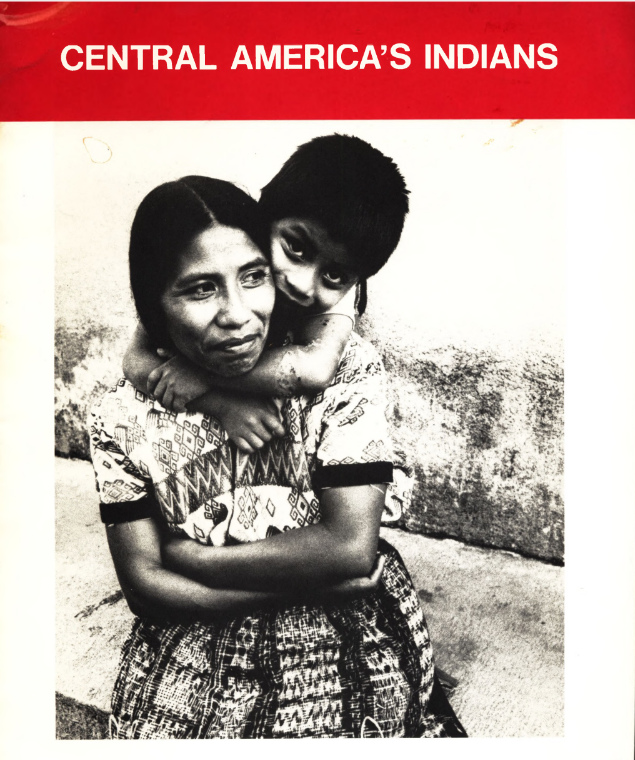History
The earliest inhabitants of Barbados were indigenous groups who began arriving by canoe from South America (Venezuela’s Orinoco Valley) around 350 CE. Among these were the Taino (Arawak) who set up several settlements on the island after 800 CE. They were later joined by Kalinago (Carib ) migrants in the 13th century.
The indigenous name for Barbados was Ichi-rougan-aim. The name ‘Barbados’ comes from a Portuguese explorer Pedro Campos who in 1536, called the island Os Barbados (‘The Bearded Ones’) based on the appearance of the island’s fig trees, which have long hanging aerial roots.
Between 1536 and 1550, Spanish raiders regularly seized large numbers of indigenous Taino-Kalinago from Barbados to be used as slave labour on regional plantations. This prompted the Kalinago to flee the island for other Caribbean destinations (see also Dominica and St Vincent).
The first European settlement on Barbados consisted of English colonists. This was not established until 1627. In 1663 the island became a possession of the British Crown and remained so until the late 20th century.
From its earliest establishment large numbers of Africans were taken to Barbados to provide slave labour on the British plantations. In 1659, the English also shipped many Irish and Scots to Barbados as slaves. Furthermore large numbers of people from Ireland and Scotland also went as indentured servants. More British exiles were also shipped in after 1685 following the crushing of the Protestant Monmouth Rebellion in England.
Over the next several centuries this socially marginal British immigrant population was used as a buffer between the rich plantation owners and the larger African population. They served as members of the colonial militia but sometimes also allied themselves with the enslaved African population in a number of local rebellions.
Barbados sugar production on large estates using slave labour became very profitable and important to the British economy. The importation, buying and selling of enslaved Africans ceased in 1804 but plantation conditions did not improve, causing a major and bloody slave rebellion in 1816.
As in the rest of the British Empire, slavery was finally abolished in Barbados in 1834. However unlike plantation colonies like Guyana and Trinidad, after emancipation there was no large scale importation of indentured East Indians to work on Barbados estates. Plantation owners and merchants of British descent continued to dominate local politics until the 1930s when Afro-Barbadians began a movement for political rights.
In 1937 poor economic conditions caused serious unrest, and following the establishment of a British Royal Commission, social and political reforms were gradually introduced leading to universal adult suffrage in 1951.
Barbados was a founding member of the Federation of the West Indies (1958–1962), and when it was dissolved, reverted to its former status as a self-governing colony.
The island became an independent state and a member of the Commonwealth in November 1966 and has since enjoyed over three decades of political stability and economic growth.
Governance
Barbados has enjoyed a stable democratic government, and has experienced regular transfers of power between the two major political parties.
Over the past decade Barbados has been seen internationally as a business-friendly and economically sound society, Construction has boomed across the island resulting in new homes, hotels, redevelopments, office complexes, condominiums, and mansions.
In addition to sugar production and tourism, offshore finance and information services have become increasingly important along with the light manufacturing sector.
With a literacy rate of 99.7 per cent and a per capita income of US$15,700 the UN Development Programme has ranked Barbados among the very highest countries in the developing world in terms of social indicators.

